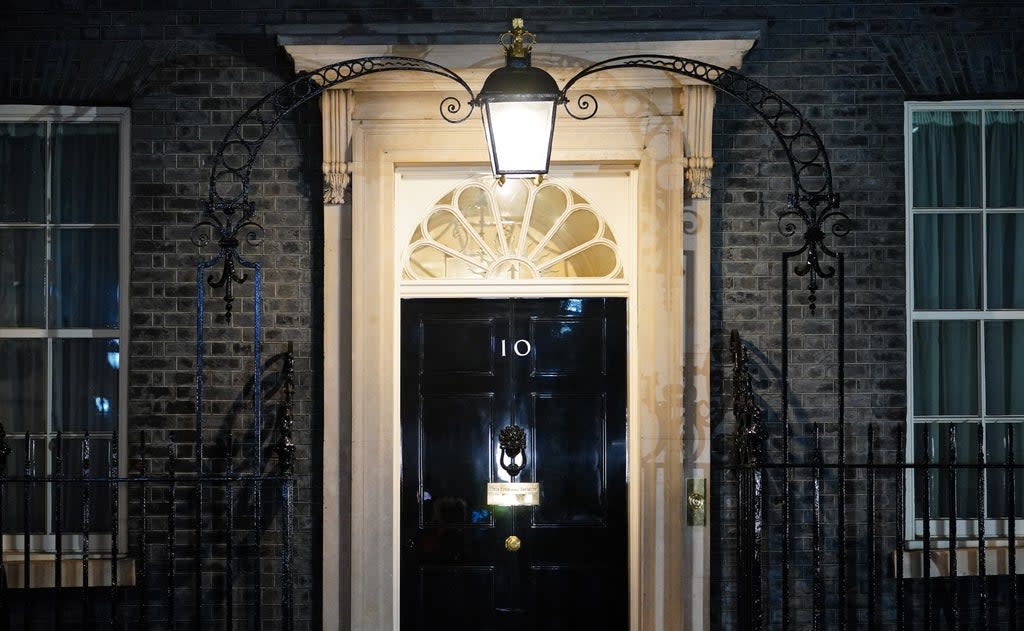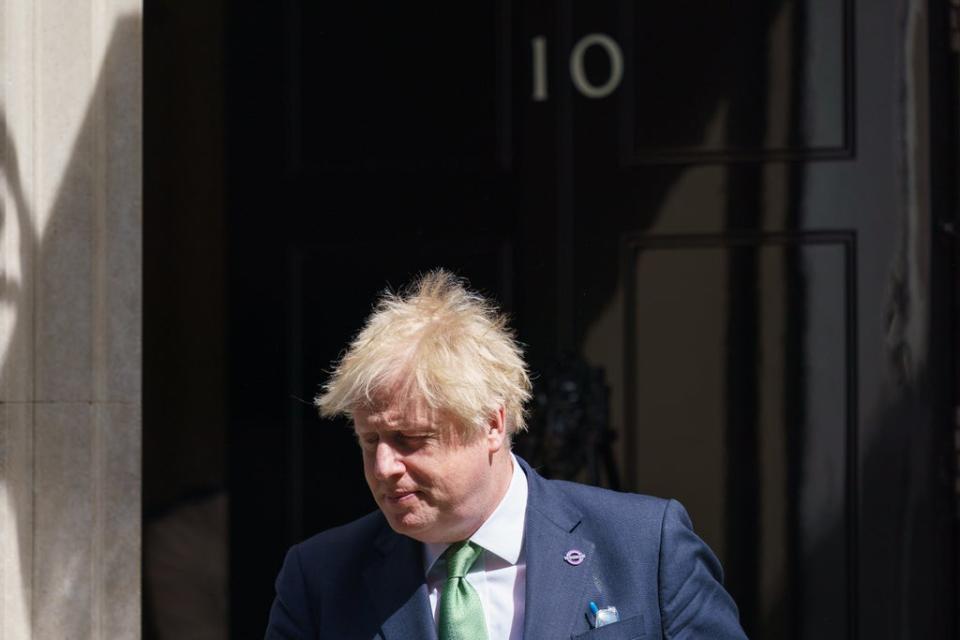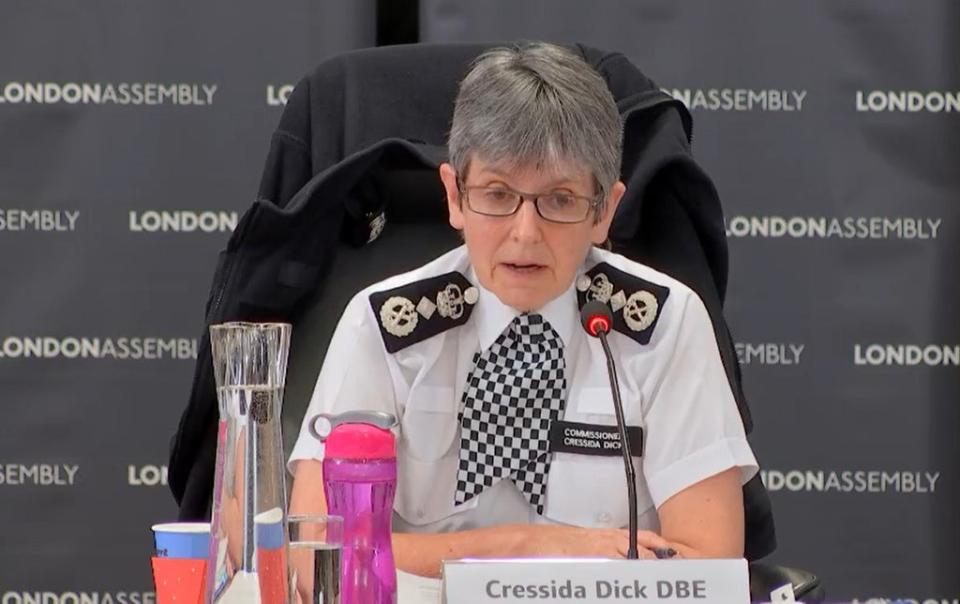Police probe into partygate breaches cost around £460,000 and led to 126 fines

The Metropolitan Police investigation into the partygate lockdown breaches cost around £460,000 and led to 126 fines.
Scotland Yard first said it would not routinely investigate historic breaches of Covid regulations, but later announced an investigation amid a clamour of mounting criticism about alleged rule-breaking in Downing Street and Whitehall.
An investigation, codenamed Operation Hillman, was launched on January 25 and staffed by 12 fulltime officers who could pull in back-up when needed.
Their task was to look into information about eight dates from May 2020 to April 2021 where rule-breaking was suspected.

Prime minister Boris Johnson, his wife Carrie and Chancellor Rishi Sunak have all been caught up in Operation Hillman’s dragnet and been fined.
Police have told Mr Johnson he faces no further action over lockdown breaches, Downing Street said, after the Metropolitan Police concluded its partygate investigation.
Scotland Yard said on Thursday it had issued fixed-penalty notices (FPNs) for events in Downing Street and across Whitehall spanning eight separate days, with 28 people being hit with multiple fines.
A team of 12 detectives examined 345 documents, including emails, door logs, diary entries, witness statements and 204 questionnaires in what it described as “a careful and thorough enquiry”, Scotland Yard said.
They also examined 510 photographs and CCTV images.
The force had previously said it would not routinely look into historic breaches of Covid regulations. It said it could not retrospectively engage and inform those involved that they were breaching the rules and that as these were summary-only offences, it was not a proportionate use of officers’ time.

Partygate became an exception to this approach after the Cabinet Office passed on information to the force in January 2022.
This led the force to believe there was evidence that those involved knew or ought to have known that what they were doing was an offence and not investigating would have significantly undermined the legitimacy of the law.
Former Metropolitan Police Commissioner Dame Cressida Dick told the London Assembly’s Police and Crime Committee where she announced that Scotland Yard has launched an investigation into a “number of events” in Downing Street and Whitehall in relation to potential beaches of coronavirus laws.
A retrospective investigation was needed because there was little ambiguity around the absence of any reasonable defence.
One issue the investigation team faced was that the legislation changed multiple times during the 11-month period under investigation, so not all events were subject to the same restrictions.
Questionnaires which amounted to a legal document were sent out to those who were contacted about suspected rule-breaking.
There were no interviews under caution.
Each line of inquiry looked at the date, the circumstances behind the event and the actions of the individual which was all viewed against the legislation at that time to see if a criminal offence had been committed and whether a fine should be issued.
This evidence-gathering exercise was held for each of the suspected events and a separate assessment for each individual was undertaken, Scotland Yard said.
How many people were at the gathering, whether the event could be considered as an exception to the rules that were in place at the time and if someone had a reasonable excuse for taking part in it were all part of the decision which led to a fixed-penalty notice being issued.
The Met’s investigation into the partygate allegations found the following offences under the Coronavirus restrictions for health protection rules were committed:
20 May 2020 – Restriction on leaving, or being outside of, the place where you were living without reasonable excuse.
18 and 19 June 2020 – Restriction on participating in an indoor gathering consisting of two or more people.
13 November 2020 – Restriction on participating in an indoor gathering consisting of two or more people.
17 and 18 December 2020 – Restriction on participating in an indoor gathering in a Tier 3 area consisting of two or more people.
14 January 2021 – Restriction on participating in an indoor gathering in the Tier 4 area consisting of two or more people.
16 April 2021 – Restriction on participating in an outdoor gathering in the Step 2 area consisting of more than six people.

 Yahoo News
Yahoo News 
